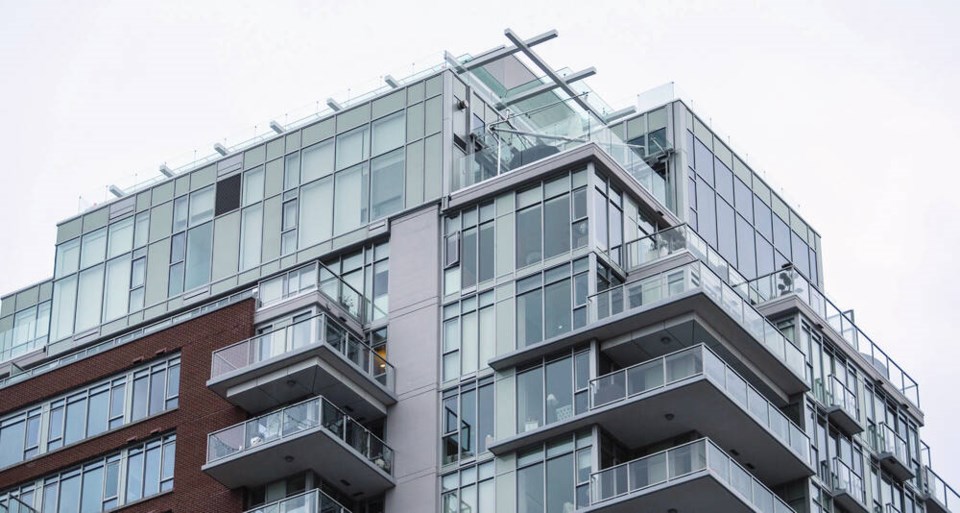The growing demand for multi-family condo and townhome projects is making an already-dire shortage of strata managers in sa国际传媒 worse.
“We could use 300 more managers tomorrow,” said Tony Gioventu, executive director of the Condo Home Owners Association (CHOA).
There is not only a need for more strata managers, but also for them to be qualified in a way that is changing from what was needed a generation ago, according to those in the industry. Given that the value of new construction permits and real estate sales runs in the billions of dollars, municipalities and the provincial government should consider investing in better training programs for strata managers whose jobs are getting harder, they say.
There are currently 1.5 million people living in stratas and about 1,405 strata managers licensed in the province, according to the sa国际传媒 Financial Services Authority.
There was a small increase from 1,326 in 2019, but this happened at the same time that more than 500 new strata complexes were added.
The reality, however, is that not all these licensed managers are active. In fact, most in the industry estimate the number of active strata managers in sa国际传媒 could be as low as between 300 to 500.
“We’re running at about 50 per cent of the capacity to serve the Lower Mainland with strata managers, period,” said Chris Churchill, president of FirstServices Residential, a large property management firm.
Churchill believes that about one-third of existing, active managers in the province will be retiring in the next five years, and that’s without a stream of new ones entering the pipeline.
There are about 34,000 strata corporations in the province, said Gioventu. About 22,000 of these are smaller buildings that have 50 units or less and are self-managed, meaning they don’t use the services of a professional property or strata manager.
Crystal Hunt, who is the strata president for a 51-unit building in New Westminster that does employ a manager, said it costs the strata money, but it means council gets guidance on everything from communicating with contractors to interacting with unit owners.
She was previously the strata president for a nearby building that had an extended wind-up and sale of all the 61 units in 2020.
“The biggest changes that I have experienced over the last seven to 10 years is that a lot of strata buildings are aging. A lot of them were built in the 1980s and 90s. And for the folks who are on council dealing with ownership in an older building, the projects that we’re looking at, or the repairs and maintenance that are needed, the scope of, say, replacing the windows in a building is drastically different from, ‘oh, we need to replace the fan in the garbage room.’”
Aside from having expertise in financial management and construction, a professional manager who oversees several buildings can also pool information when there are broad shifts such as recent changes to rental restrictions, which required adapting bylaws and issuing paperwork, she said.
Five years ago, there was no Civil Resolution Tribunal, no mandatory depreciation reports, and no oversight from the Real Estate Council on the operation of a strata, according to a recent post by Stratawest Management Ltd., explaining, in part, why it and other firms have had to raise their rates.
Churchill said there is also a whole new generation of newer, taller buildings with hundreds of units. They come with complexities such as airspace parcels and cost-sharing agreements that require considering a whole other sphere of legal and insurance issues.
“There is all this new product coming onto the market and a lack of supply of the types of strata managers who would thrive managing that,” he said.
There are some existing strata manager courses, but they cover more basic and generic real estate knowledge.
“The bottom line is the government needs to invest a million dollars at [the sa国际传媒 Institute of Technology in Burnaby] and create an absolutely stellar program for managers,” said Gioventu.
Since practical experience on the ground is also vital, Churchill thinks there should also be grant funding for apprenticeships so brokerages will be motivated to train new managers.
“If you’re really going to be a super competent manager, you almost need an MBA. Think about it. In downtown Vancouver, if one manager has four highrise buildings, they are probably managing $1 billion worth of assets,” said Gioventu.



